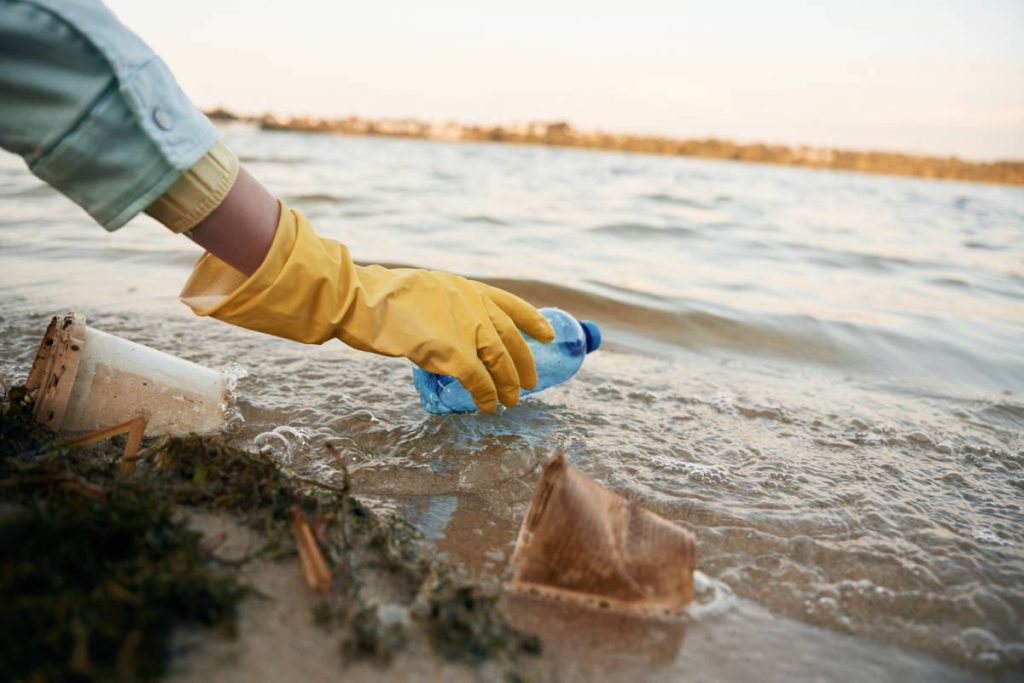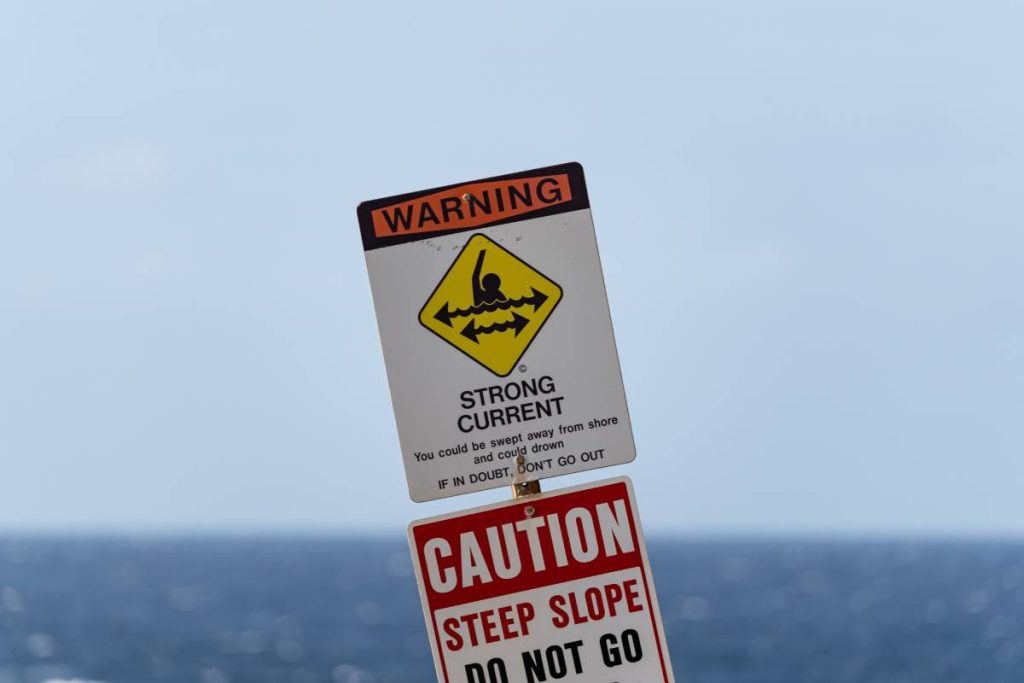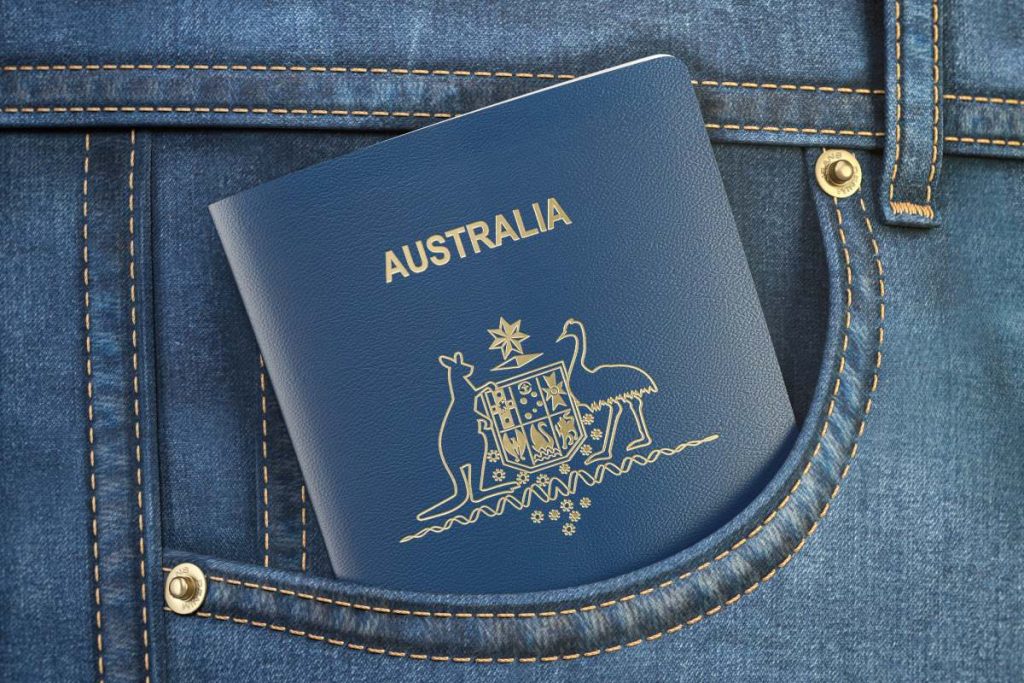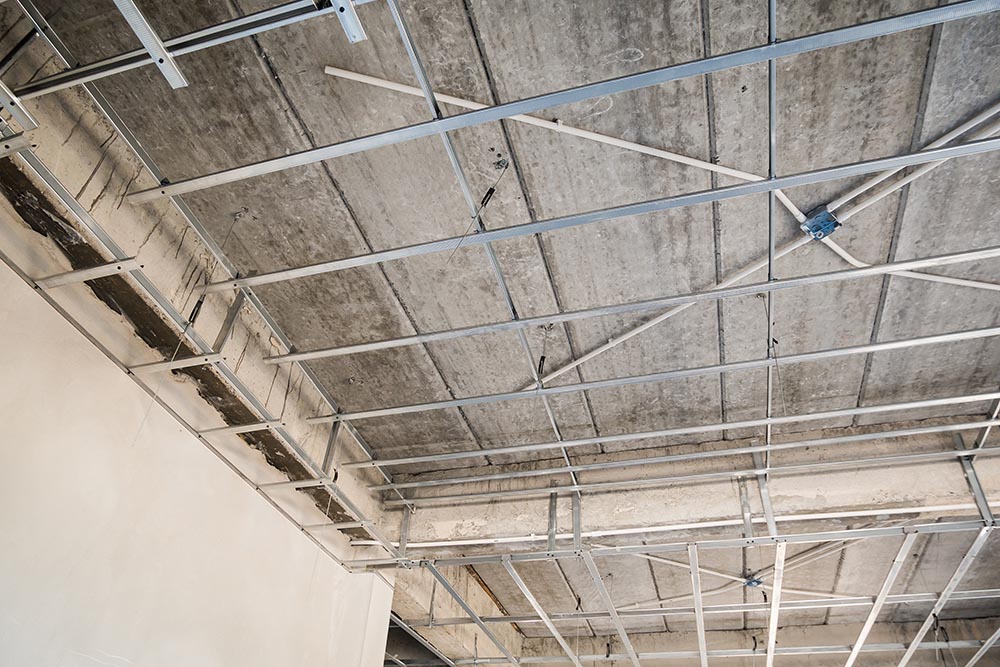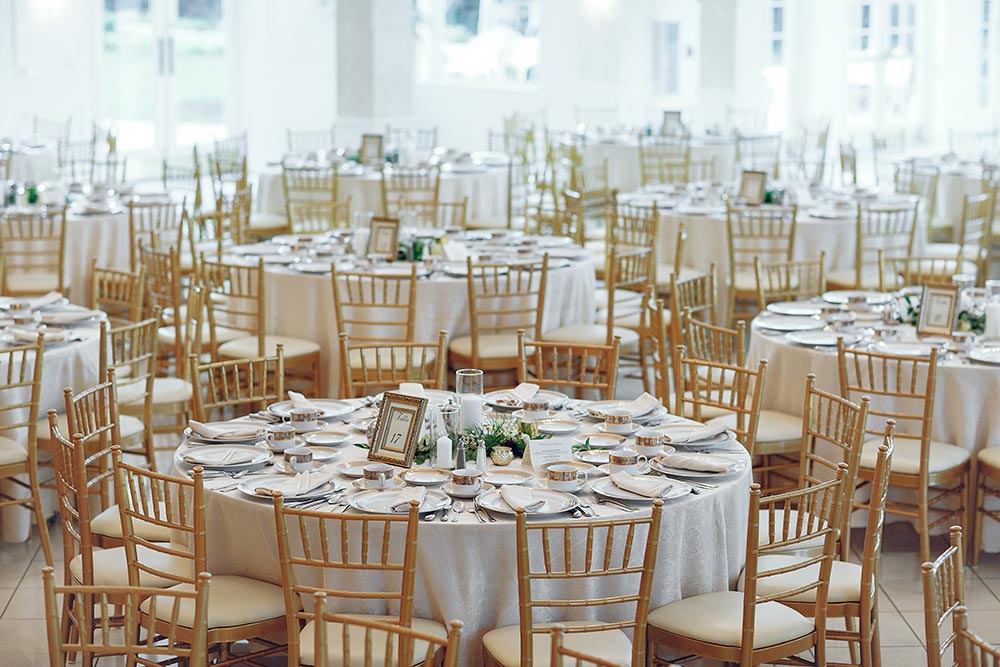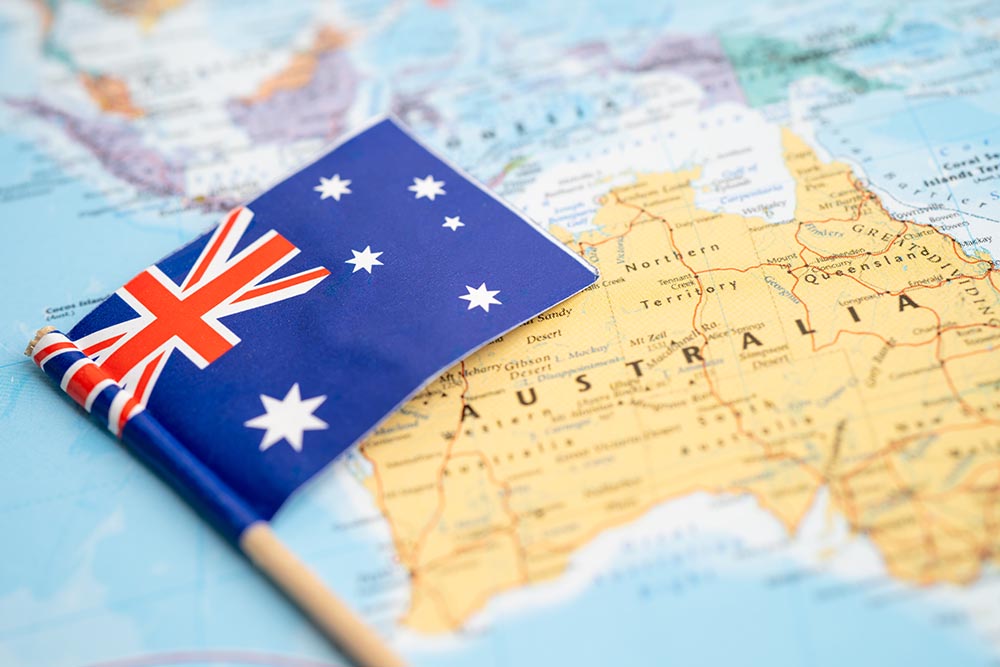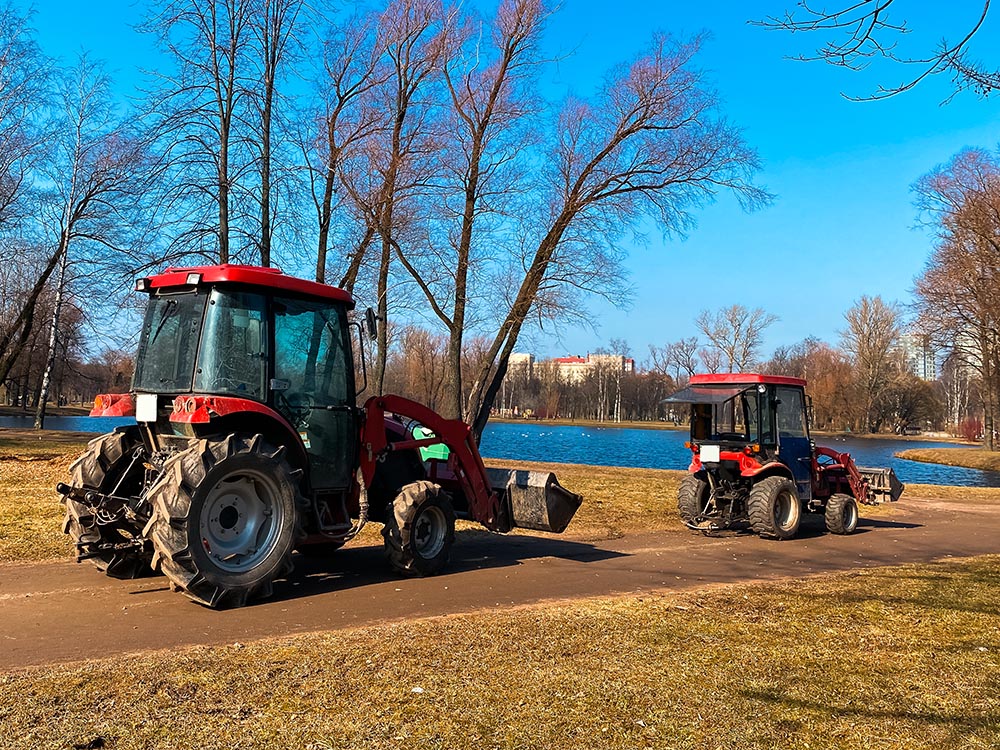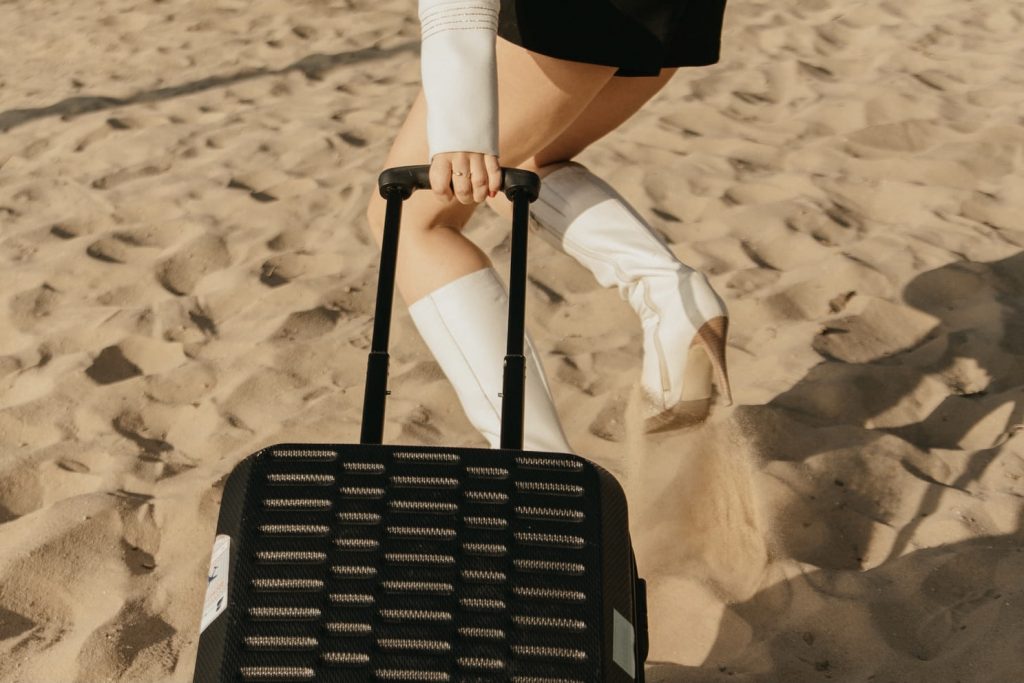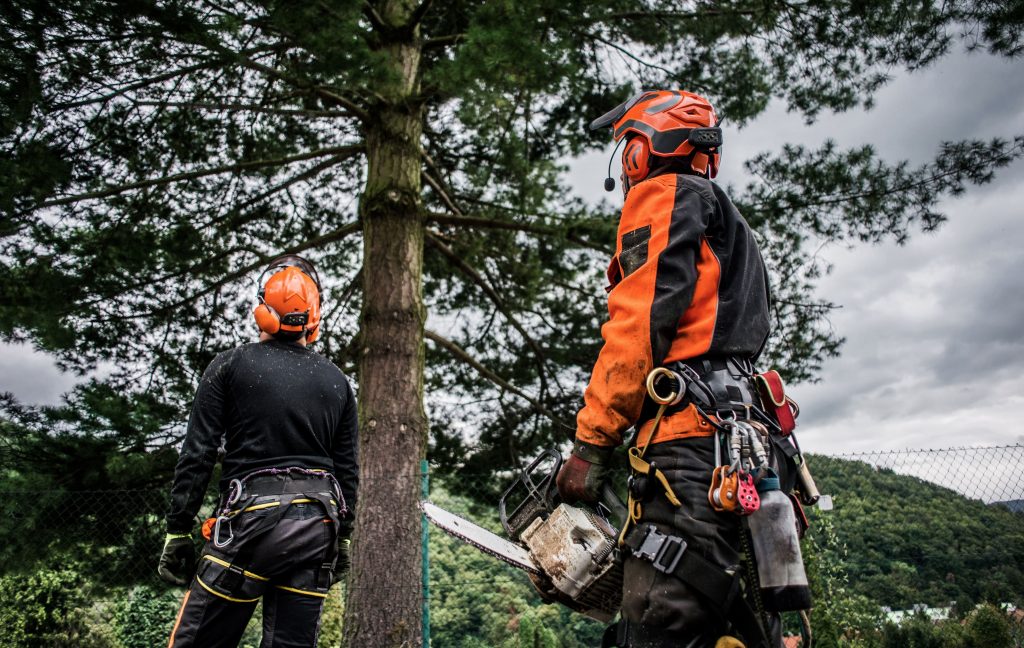How Long Can You Stay in Thailand on an Australian Passport? Where Do Most Aussies Live in Thailand? What Do I Need to Enter Thailand From Australia?
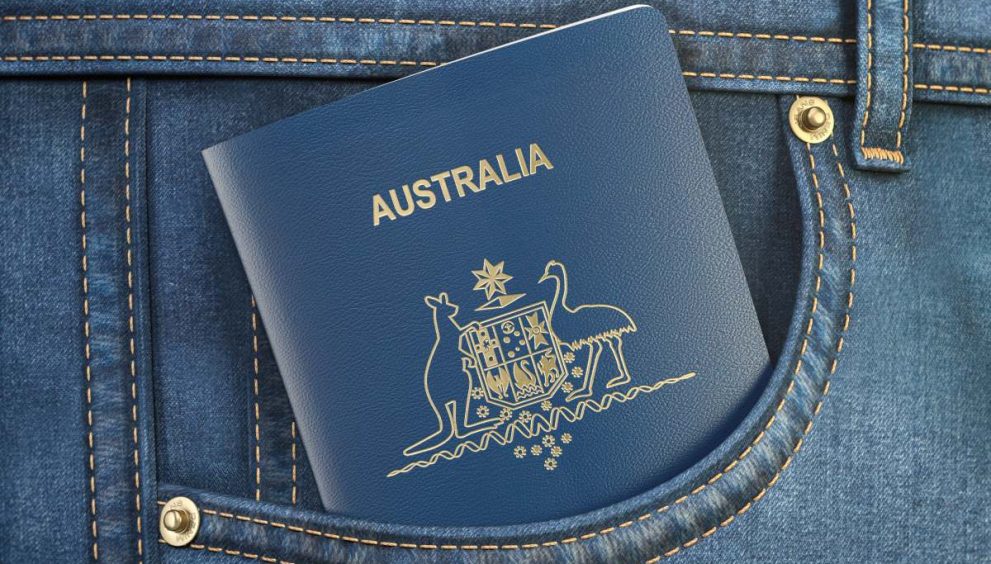
Planning a trip to Thailand from Australia? Whether you’re heading to explore Bangkok’s bustling streets, relax on Phuket’s stunning beaches, or immerse yourself in Chiang Mai’s cultural heritage, knowing the entry requirements is essential for a smooth journey.
Thailand offers Australians the convenience of visa-free travel for short stays, but there are a few key details you need to be aware of to ensure your visit goes off without a hitch. From passport validity to health regulations, here’s a comprehensive guide to help you navigate the entry requirements and make your trip as enjoyable and hassle-free as possible.
How Long Can You Stay in Thailand on an Australian Passport?
If you hold an Australian passport and are planning a visit to Thailand, it’s important to understand the rules regarding how long you can stay in the country. Here’s a straightforward guide to help you navigate the process.
Tourist Visa Exemption
Australian passport holders can enter Thailand without a visa under the Tourist Visa Exemption Program. This allows you to stay in Thailand for up to 30 days if you arrive by air or 15 days if you arrive by land. This visa-free stay is for tourism purposes and is typically the easiest option for short visits.
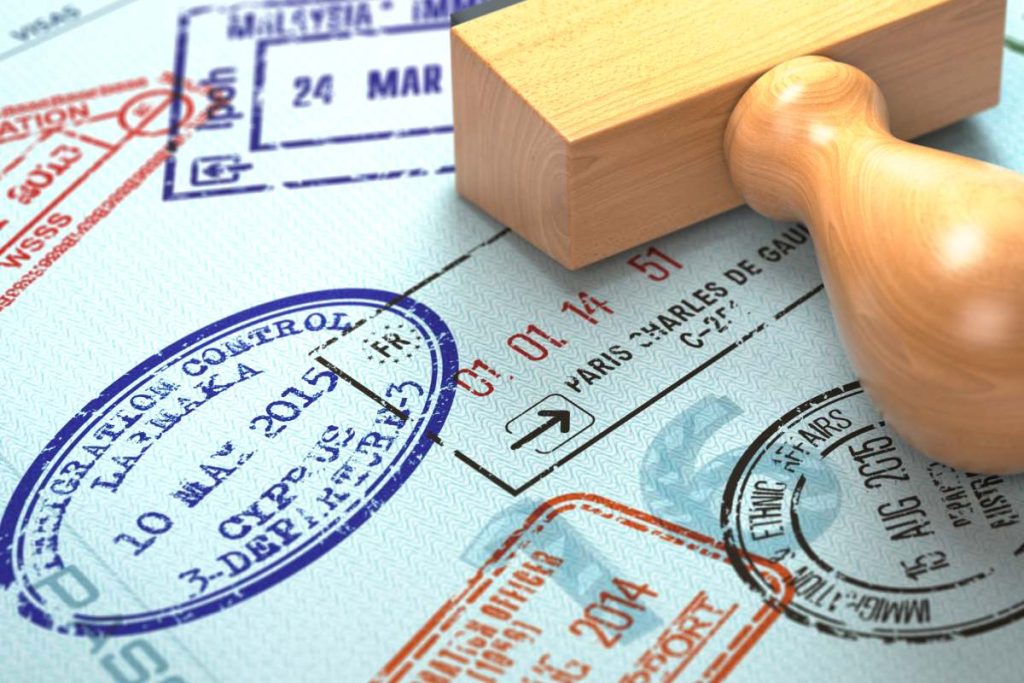
Extending Your Stay
If you wish to stay in Thailand for more than the allowed duration under the Tourist Visa Exemption, you have a couple of options:
- Tourist Visa: You can apply for a Tourist Visa at a Thai embassy or consulate before you travel. This visa usually allows a stay of 60 days. If you want to stay longer, you can apply for an extension of 30 days while in Thailand. To extend your stay, you’ll need to visit the Immigration Bureau and pay a fee. This can give you a total of up to 90 days in Thailand.
- Overstay Penalties: If you overstay your visa or visa-free period, you may face fines and complications. The fine for overstaying is typically 500 Thai Baht per day. It’s also important to remember that overstaying might affect your ability to enter Thailand in the future.
Other Visa Options
For longer stays, you might consider other types of visas:
- Non-Immigrant Visa: This visa is suitable for various purposes such as business, retirement, or studying. It typically allows a stay of up to 90 days, but you may need to provide additional documentation and meet specific criteria.
- Education Visa: If you plan to study in Thailand, you can apply for an Education Visa. This visa is usually issued for the duration of your studies, and you must be enrolled in a recognized educational institution.
- Retirement Visa: If you’re 50 years old or older and want to retire in Thailand, you might be eligible for a Retirement Visa, which can allow a stay of up to 1 year and is renewable.
Practical Tips
- Check Entry Requirements: Always check the latest entry requirements before you travel, as rules can change. You can find up-to-date information on the Thai embassy’s website or contact the embassy directly.
- Health Insurance: It’s wise to have travel health insurance to cover any medical needs during your stay. Some visas might require proof of health insurance.
- Immigration Bureau: For visa extensions or changes, visit the nearest Immigration Bureau office. Be prepared to provide necessary documents, such as your passport, photographs, and any relevant forms.

Where Do Most Aussies Live in Thailand?
Many Australians living in Thailand tend to settle in specific areas that offer a combination of lifestyle, amenities, and a sense of community. Here are some of the most popular places where Australians often choose to live:
1. Bangkok
Bangkok, the capital city, is a bustling metropolis with a vibrant expat community. Australians living here enjoy a wide range of amenities, international schools, and numerous dining and entertainment options. The city’s infrastructure and public transport system make it a convenient place for expatriates.
2. Chiang Mai
Chiang Mai, located in northern Thailand, is a popular choice for those looking for a more relaxed lifestyle. Known for its cultural heritage, scenic beauty, and lower cost of living compared to Bangkok, Chiang Mai attracts many retirees and digital nomads. The city has a friendly expat community and offers a good mix of modern conveniences and traditional charm.
3. Pattaya
Pattaya, situated on the eastern coast, is well-known for its beaches and vibrant nightlife. It’s a popular destination for Australians seeking a lively environment with a range of activities and amenities. Pattaya has a significant expat community and offers various housing options, from high-rise condos to more affordable apartments.
4. Phuket
Phuket, Thailand’s largest island, is another favourite among Australians. Its beautiful beaches, relaxed atmosphere, and excellent facilities make it an attractive place for both retirees and those looking to enjoy a more laid-back lifestyle. Phuket also has a well-established expat community and numerous international services.
5. Hua Hin
Hua Hin, located on the Gulf of Thailand, is known for its calm environment and is popular among retirees. It’s a quieter alternative to places like Pattaya and Phuket but still offers a range of amenities, including golf courses, markets, and a charming town atmosphere.
6. Krabi
Krabi, with its stunning natural landscapes and more tranquil setting compared to Phuket, is favoured by those who prefer a quieter lifestyle surrounded by nature. It’s an excellent spot for enjoying beaches and outdoor activities while still having access to essential services.
Practical Tips
- Community and Support: Each of these locations has a well-established Australian community, which can be helpful for newcomers seeking advice and social connections.
- Cost of Living: Consider the cost of living in each area, as it can vary significantly. Larger cities like Bangkok tend to be more expensive than smaller towns or rural areas.
- Amenities: Think about what amenities and services are important to you, such as international schools, healthcare facilities, or leisure activities.
Please check: What Season is the Best to Visit Thailand? Is Thailand Cheap or Expensive?

What Do I Need to Enter Thailand From Australia?
Entering Thailand from Australia involves several steps and requirements. Here’s a clear guide to help you prepare for your trip:
1. Passport
- Validity: Your passport should be valid for at least 6 months beyond your planned departure date from Thailand.
- Blank Pages: Ensure you have at least one or two blank pages for entry and exit stamps.
2. Visa Requirements
- Tourist Visa Exemption: Australian passport holders can enter Thailand without a visa for up to 30 days if arriving by air or 15 days if arriving by land. This is suitable for short stays for tourism.
- Longer Stays: If you plan to stay longer than the visa-free period, you will need to apply for a Tourist Visa before your trip. This visa typically allows a stay of up to 60 days, which can be extended by 30 days in Thailand.
3. Proof of Onward Travel
- Return Ticket: You may need to show proof of onward travel, such as a return flight ticket or a ticket to another destination, to demonstrate your intention to leave Thailand within the allowed period.
4. Health and Travel Insurance
- Insurance: It’s highly recommended to have travel insurance that covers health, accidents, and emergencies. Some visa types may require proof of insurance.
5. COVID-19 Requirements
- Health Regulations: As of the latest updates, check for any specific COVID-19 regulations or requirements, such as vaccination certificates or recent test results, as these can change frequently.
6. Custom Regulations
- Declarations: Be aware of what you can and cannot bring into Thailand. Certain items may require declaration or be prohibited.
7. Currency and Financial Requirements
- Funds: Although not always checked, having evidence of sufficient funds for your stay can be helpful. This might be in the form of cash or credit/debit cards.
8. Thai Immigration Requirements
- Entry Procedures: Upon arrival, you’ll need to go through immigration control. Have your passport and any required documents ready for inspection.
9. Local Regulations and Customs
- Cultural Sensitivity: Familiarize yourself with local customs and regulations to ensure a respectful and smooth visit.
Practical Tips
- Check for Updates: Always verify the latest entry requirements and travel advisories on the official Thai embassy or consulate website before you travel.
- Use the Self Storage: If you want to travel around Bangkok without carrying things too much and you don’t want to get back to your hotel anytime soon, we suggest you use Keep It self-storage to store all of your belongings. Just in case you want to travel light and without any hassle.
- Contact the Embassy: If you have specific questions or need clarification, contacting the Thai embassy or consulate in Australia can provide you with the most accurate information.
Conclusion
To have a great time in Thailand without any paperwork stress, just make sure to meet Thailand’s entry requirements. Check that your passport is good to go, and think about getting a Tourist Visa if you plan to stay longer. Keep an eye out for any health rules or customs regulations. With the right prep, you’ll be all set to explore Thailand’s lively cities and peaceful landscapes. Have a safe trip and enjoy your time in the Land of Smiles.

 English
English 



























